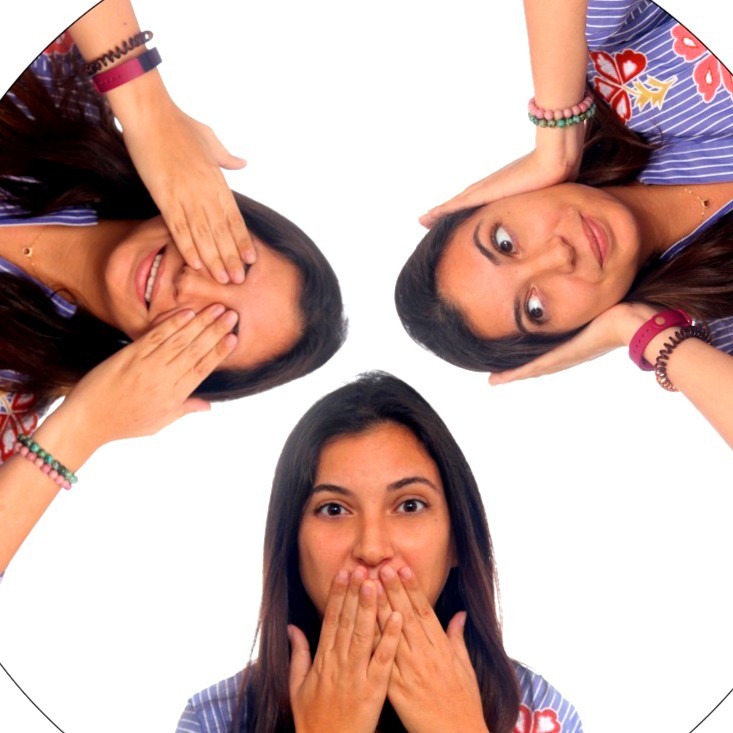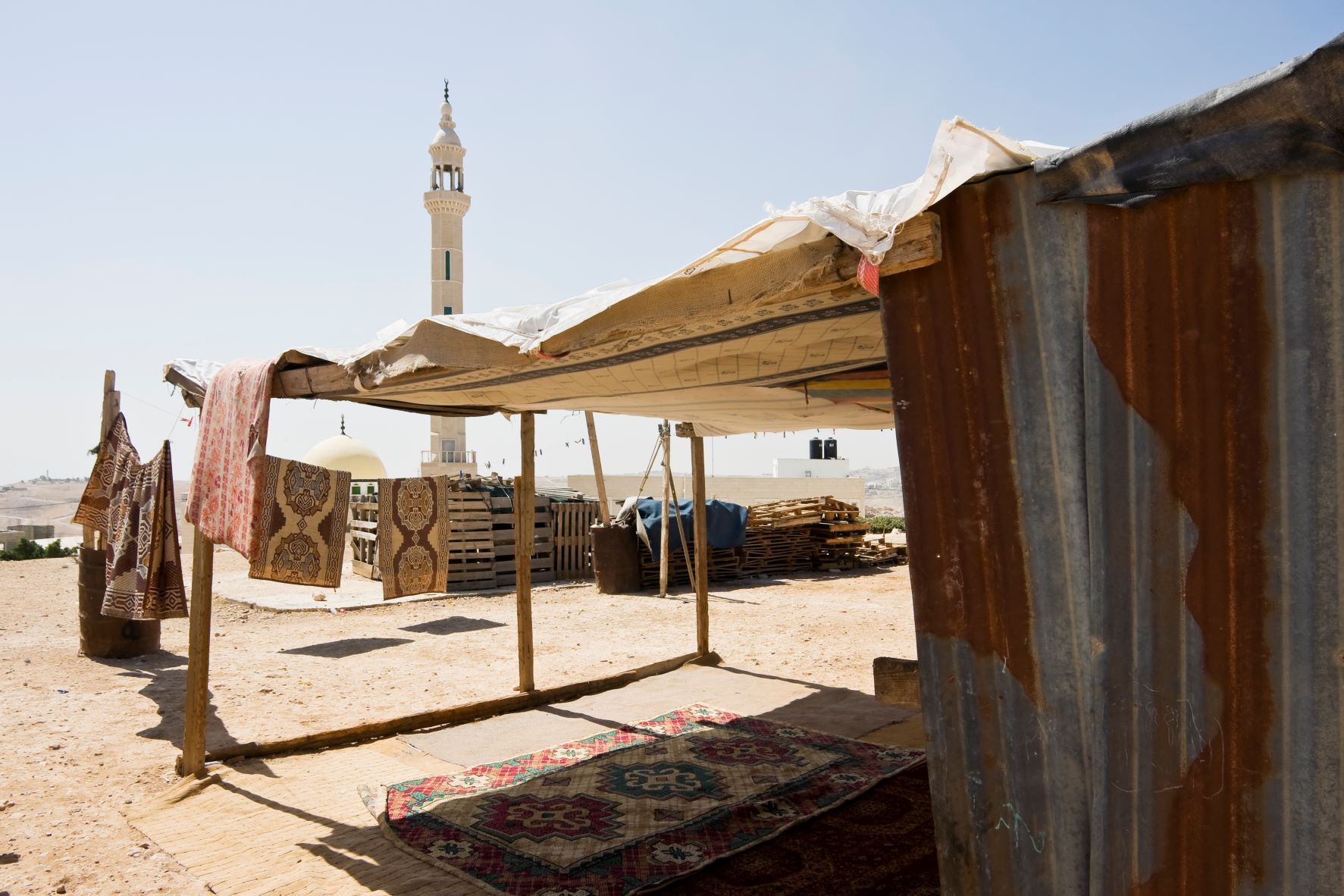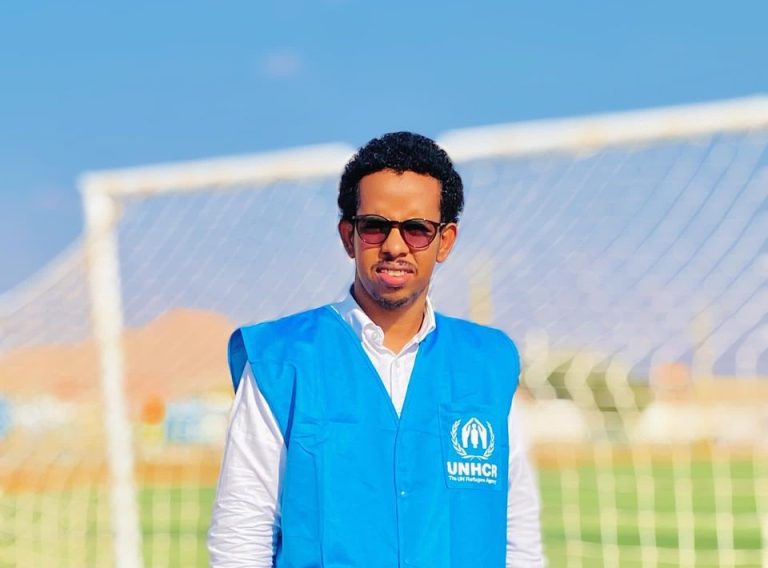Hello Sara! How did you hear about the e-learning platform Kaya, and which courses did you take?
I heard about it by chance through someone who used it and shared their achievement on LinkedIn. I completed many courses such as the FIELD programme, Introduction to International Humanitarian Law, Wellness & Resilience, Prevention of Sexual Exploitation and Abuse, PMD Pro and MEAL D Pro.
The courses were incredibly useful. I was actually surprised at how much I learnt, because now, in meetings, I am full aware of what is going on. I know many of the technical words, the mechanisms, the tools, and have learned to incorporate them in my job. The amount of information I have gained has truly expanded my knowledge, and I feel way more confident than I did before. All of the courses were highly beneficial. All of them without exception.
What did you most enjoy during the courses? What could have improved?
Ironically, I enjoyed that they weren’t as easy as I thought they would be. What I mean by that is that the courses were so rich with information that it was actually enjoyable to learn from them, and the tests weren’t so easy to the extent that you can just brush over the course. They required focus and attention, which made learning way more beneficial.

The amount of information I have gained has truly expanded my knowledge, and I feel way more confident than I did before.”
Did the courses have an impact on your daily job/career?
Yes, yes and yes! Absolutely! Since the first course I finished, I already started changing and focusing on details during coordination. I am responsible for the Mental Health Department which gives me some freedom in making some changes, and I sure made a lot! Especially with data management, accuracy and attention to detail, which have definitely improved. I automatically grasp concepts now and feel much more confident discussing them, with all fields.
What does being a humanitarian mean to you?
Humanitarian means being human. Simply. It should be a way of life, not just a field of work. To make the world a better place, humanitarian work is vital. We should learn to stop separating the so-called “real world” from the “humanitarian world”. They should be one. And the more people learn about it, read about it, get exposed to it, they will see more and more that it is not so different. And maybe this will lead to better inclusion, diversity, equality and acceptance. On the field, it is only about humans; about communication, helping, listening, understanding, and love. It should be the same on and off the field. It should all be humanitarian. The world could use some more humanitarians.
Has the COVID-19 pandemic affected the way you work and/or learn?
Yes, it has. Prior to the pandemic, my main population was refugees in the country. However, during the pandemic, people lost their jobs and were feeling far more anxious. I had a sudden influx of local patients as well who needed help and who had suddenly fallen below the poverty line. This was and still is a massive issue we are facing right now.
I also had to provide therapy sessions to COVID-19 positive patients (including refugees and local persons). It was very new to me because for the first time, people had more concerns about their financial situations rather than their health. It was quite saddening to say the least. So I had to change my approach to treatment and to service provision.
What would you say are the greatest challenges surrounding humanitarian learning today?
Accessibility. Also, some trainings can only be provided in relevant areas. For instance, it would have been hard to come across a disaster risk management course in Lebanon considering that we don’t have many natural disasters here.
Funding is also an issue because only a limited amount of service providers have access to training. Also, sometimes fees are too high to pay if we want to join on our own account, without being funded by the organisation.
What can organisations like the Academy do to support the sector to overcome these challenges?
You already have! The Academy is a fantastic initiative and I am very grateful. I would like to thank you a million times for having provided us with this option. Keep it up, and best of luck!



